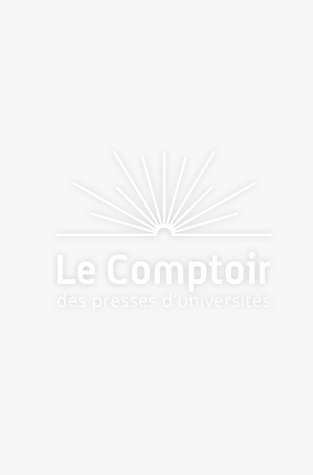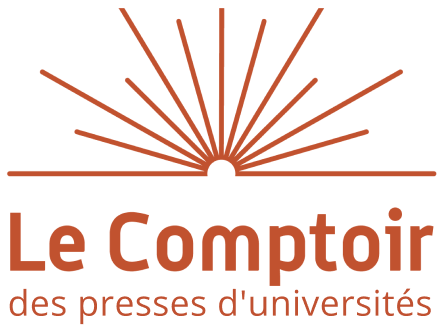Foreword.................................................................................................................................... 7
Introduction by The Right Honorable The Lord Thomas of Cwmgiedd, Lord Chief Justice of England and Wales 10
London and the Challenge of Implementing European Standards for Multilingual Criminal Justice 15
Section 1. The Right to Interpretation/Translation in Europe................................................. 18
§1. How Does the Right to Interpretation Assistance Arise?............................................. 21
§2. When is Interpretation Assistance Available?.............................................................. 22
§3. The Translation of Documents..................................................................................... 23
§4. The Adequacy of the Interpretation.............................................................................. 25
§5. Free Assistance?.......................................................................................................... 26
Section 2. The Response in London...................................................................................... 27
Access to law in the English Criminal Justice process: what safeguards for the accused?...... 34
Section 1. The guarantees of access to law in the English Criminal Justice system............... 36
§1. Avoiding full criminal trials in the English Criminal procedure................................... 36
§2. The formal safeguards allowing access to law in the English Criminal procedure....... 39
Section 2. The restrictions on access to law in the English Criminal Justice system.............. 42
§1. The informal restraints to an effective access to law in the English Criminal procedure 42
§2. Allowing a full access to law in the English Criminal procedure..................................... 45
Is it really possible to remain silent under English law? Some evolutions and perspectives of the right to silence in England and Wales 50
Section 1. The nature of the right to silence........................................................................... 52
§1. Situations in which a person can exercise the right to remain silent............................. 53
§2. Access to the right to silence........................................................................................ 54
§3. Legal advice and access to the right to silence.............................................................. 55
Section 2. The evolution of the right to silence...................................................................... 56
§1. Section 34 of the CJPO Act or the effect of an accused's failure to mention facts when questioned or charged 58
§2. Sections 36 and 37.......................................................................................................... 60
Section 3. Limits and effects of the 1994 provisions on the interviewing of suspects........... 62
§1. The conditions under which adverse inferences can reasonably be drawn from a defendant's silence 62
§2. The notion of significant silence.................................................................................. 63
§3. Legal advice and interviewing practices....................................................................... 64
Law, language and access to justice in Northern Ireland: Remedying the great mischief...... 73
Introduction....................................................................................................................... 73
Section 1: The Administration of Justice (Language) Act (Ireland) 1737: to remedy great mischiefs? 75
Section 2: Historical background and context: The Irish language as a marker of cultural and political identity in Northern Ireland 77
Section 3: The Belfast Agreement, the St Andrews Agreement and the commitments made to the Irish language 79
Section 4: In the Matter of an Application by Caoimhin Mac Giolla Catháin for Judicial Review 81
Section 5: The UK Government's international obligations to legislate to protect the Irish language 83
Section 6: Consultation on Proposals for an Irish Language Bill 2015: A missed opportunity? 85
Playing Hide-and-Seek! Barriers to Access to Justice for Family Disputants in England and Wales 94
Section 1: Access to Justice and its meanings....................................................................... 95
Section 2: Access to Civil Justice in England and Wales....................................................... 97
Section 3: CLOCK: Legal Education Meets Litigants in Person......................................... 104
Language, Culture and Pre-contractual Liability in English and French law....................... 109
Section 1. Misunderstanding as to legal categories.............................................................. 109
§1. Opposite statements as to pre-contractual liability in English and French law........... 109
§2. A pre-contractual liability deriving from other legal categories in English law.......... 114
Section 2. An expansive interpretation of English law to sanction pre-contractual behaviours 117
§1. Expanding the notion of misrepresentation................................................................ 118
§2. Specific types of contracts expanding the negotiators' duties.................................... 119
Lost in "a labyrinth without a clew": the subject of the Law in Gothic fiction.................... 126
Section 1. The Law as a castle and /or labyrinth.................................................................. 126
Section 2. Opacity and the tortures of suspense.................................................................. 132
Section 3. Legal narratives as traps...................................................................................... 136

